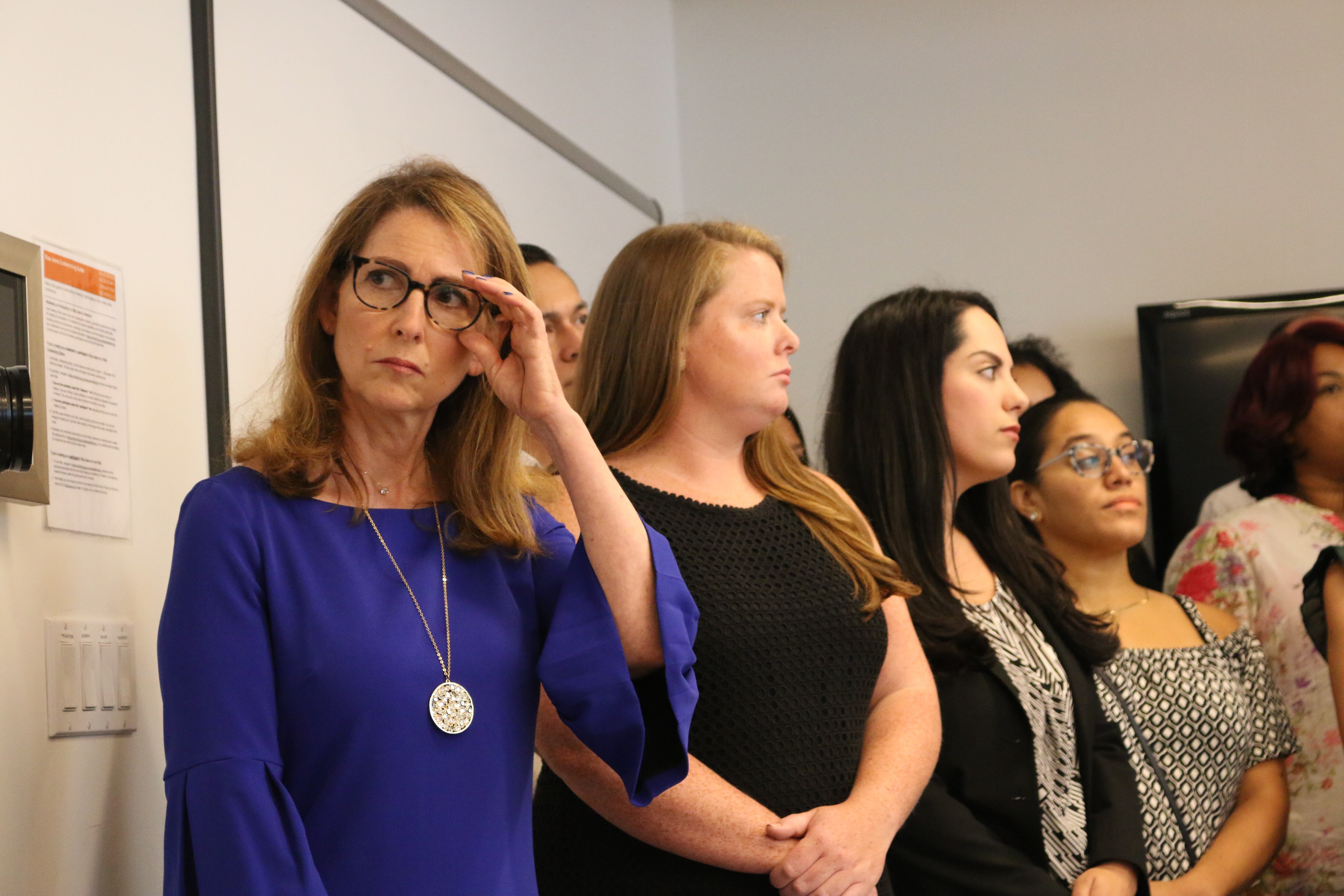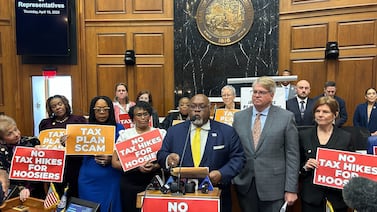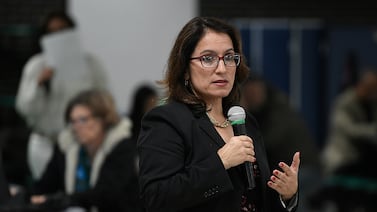Success Academy, New York City’s largest charter network, will remain fully virtual for the rest of the school year, in sharp contrast with the city’s district schools, which Mayor Bill de Blasio has pressed to reopen for in-person instruction.
The charter network also announced Thursday that it plans to end the school year roughly a month early, on May 28, and reopen a month early, on Aug. 2 — an apparent effort to maximize the amount of in-person instruction students may receive. Officials said they’re planning to reopen with a hybrid model in which students attend school in person on some days and learn remotely on others.
The network had already planned to be fully remote through at least March, but its latest move means that its 20,000 students will have been learning entirely remotely since last spring.
With higher coronavirus case levels, and an apparently more contagious variant circulating, Success officials said their decision to stay remote was made primarily to avoid repeated temporary closures that have disrupted learning at many of the city’s traditional district schools. The city’s current protocol allows individual school buildings to be shut down with as few as two confirmed cases. As of Thursday, 312 city public school buildings, or roughly 36% of the buildings that offer in-person learning, were temporarily closed in addition to 912 individual classrooms.
“Like everyone else, we desperately want to be back on campus, but we are prioritizing a consistent, productive learning experience by staying remote now,” Success CEO Eva Moskowitz said in a statement. “By opening early, we can take full advantage of the safer summer months to make up for what we believe will be some degree of learning loss, while also giving teachers and families a break.”
Success plans to reopen next school year with a hybrid model, on the assumption that social distancing will be a public health requirement, a spokesperson said.
That would represent a change in strategy for the network, as Moskowitz emphasized this school year that fully virtual teaching was the best way to ensure that students receive quality teaching during the pandemic, and avoid some of the pitfalls of having to create two different versions of school at once, remote and in-person.
By contrast, de Blasio has forcefully pressed to reopen the city’s district schools for in-person learning. The mayor’s efforts have fallen far short of his ambition to welcome back large numbers of students to classrooms this school year, even if only part time. The vast majority of students opted for fully remote learning. Having to meet the needs of in-person students and fully remote students have forced many schools into staffing crunches.
After a spike in virus cases across the city in November, officials temporarily shut down all school buildings and have yet to reopen middle and high schools for in-person instruction or provide a timeline for their reopening. Only elementary schools, pre-K programs, and schools that serve students with complex disabilities are open for limited in-person instruction right now, though some schools have been able to offer five days a week of in-person schooling because so few students have opted to return to classrooms.
Success has also hit some bumps transferring its famously demanding culture to a completely virtual setting. Its initial offering of several hours of live instruction a day met resistance from some parents and educators, who said the demanding online hours were too much for many children. The network agreed to reduce screen time, particularly for its youngest students.
Some of the city’s big charter network’s have followed Success in offering a fully-virtual model, though others have offered hybrid models where students attend in-person classes some of the time.






